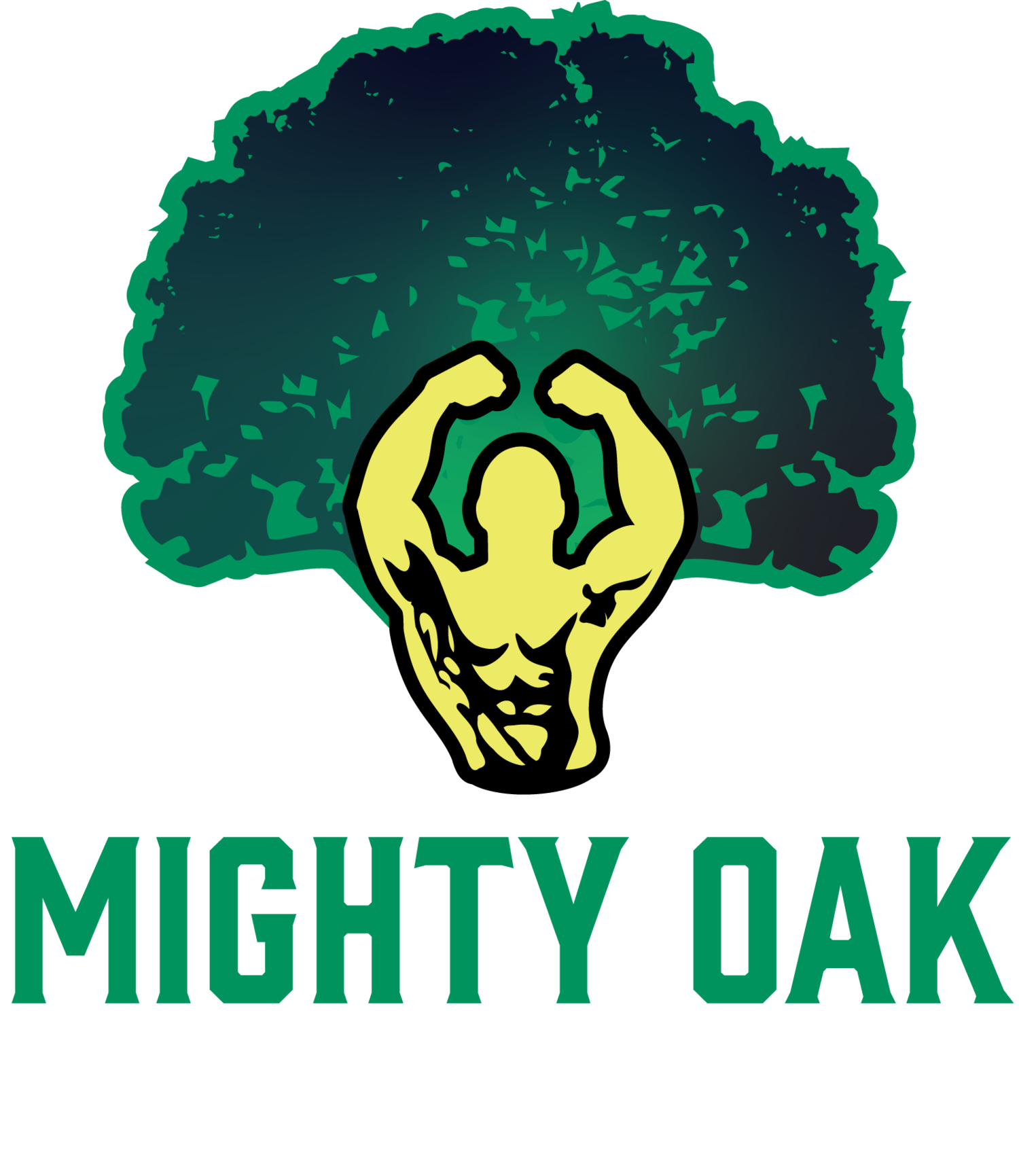How to Combat Childhood Depression and Anxiety with Strength Training
In the bustling world of childhood development, the amalgamation of physical activity, particularly strength training, with mental health strategies presents a beacon of hope for mitigating symptoms of depression and anxiety among children. The physiological and psychological benefits of strength training extend far beyond the development of muscle mass, heralding significant improvements in emotional well-being, cognitive function, and overall quality of life. This essay explores the transformative power of strength training on the body and mind of children, emphasizing the importance of consistent exercise, quality sleep, and balanced nutrition.
The Physiological Impact of Strength Training
Strength training, often misconceived as being suitable only for adults, has shown remarkable benefits when appropriately adapted for children. It involves exercises that use resistance to induce muscular contraction, which in turn strengthens the skeletal muscles. The physiological effects are profound, including enhanced muscular endurance, bone density, and metabolic efficiency. However, the impact on mental health is equally significant, with strength training known to stimulate the release of endorphins, the body's natural mood elevators. This hormonal response can alleviate feelings of depression and anxiety, fostering a sense of well-being and happiness.
Bodyweight Exercises for Children
Children can engage in a variety of bodyweight exercises at home to harness these feel-good hormones. Two foundational exercises include:
- Squats: A full-body exercise that strengthens the legs, hips, buttocks, back, and core. It also enhances flexibility and balance.
- Push-ups: Targeting the chest, shoulders, triceps, and core, push-ups are integral for upper body strength and overall stability.
A Quick and Easy Home Workout
A simple circuit can be designed to incorporate these exercises, ensuring a balanced approach to strength training:
1. Jumping Jacks: 3 sets of 25 repetitions to get the heart rate up.
2. Squats: 3 sets of 10 repetitions.
3. Push-Ups: 3 sets of 5 repetitions, modified as needed to ensure proper form.
4. Cool Down: Stretching exercises focusing on the legs, arms, and back.
This routine can be performed 2-3 times per week, gradually increasing the intensity as the child's strength improves.
The Pillars of Mental Health: Sleep and Nutrition
Consistent, Quality Sleep
Quality sleep is paramount for mental health. It helps in the repair and recovery of the body and mind, enhancing mood and cognitive function. Best practices for ensuring consistent, quality sleep include establishing a consistent bedtime routine, turning off screens at least an hour before bedtime, and maintaining a dark, cool, and quiet sleeping environment.
Balanced Nutrition
Nutrition plays a crucial role in mental health. Key nutrients include:
- Serotonin: A neurotransmitter that helps fight depression. It can be synthesized from the amino acid tryptophan, found in foods like oats, nuts, seeds, and turkey.
- Gamma-Amino Butyric Acid (GABA): Helps keep anxiety at bay. Foods rich in glutamic acid, such as whole grains, brown rice, and broccoli, can support GABA production.
- Protein: Stabilizes blood sugar levels, reducing mood swings. Good sources include lean meats, fish, beans, and legumes.
- Vitamin B9 (Folate): Essential for brain function and fighting depression. Found in dark leafy greens, fruits, nuts, and seeds.
- Omega-3 Fatty Acids: Promote brain health and aid in fighting depression and anxiety. Sources include fish like salmon, flaxseeds, and walnuts.
Recipe for Mental Health
A simple, nutritious recipe that incorporates these foods could be a Salmon and Walnut Salad:
- Ingredients: Grilled salmon fillet, mixed salad greens, sliced avocado, a handful of walnuts, and a dressing made from lemon juice and olive oil.
- Preparation: Toss the salad greens, avocado, and walnuts with the dressing. Top with the grilled salmon. This meal is rich in omega-3 fatty acids, protein, and vitamin B9.
Strength training, when combined with consistent, quality sleep and a balanced diet rich in essential nutrients, can significantly alleviate symptoms of depression and anxiety in children. Mighty Oak Athletic champions a holistic approach to child development, recognizing the intricate link between physical health and mental well-being. By fostering these healthy habits from an early age, we can empower our children to lead happier, more fulfilling lives.
